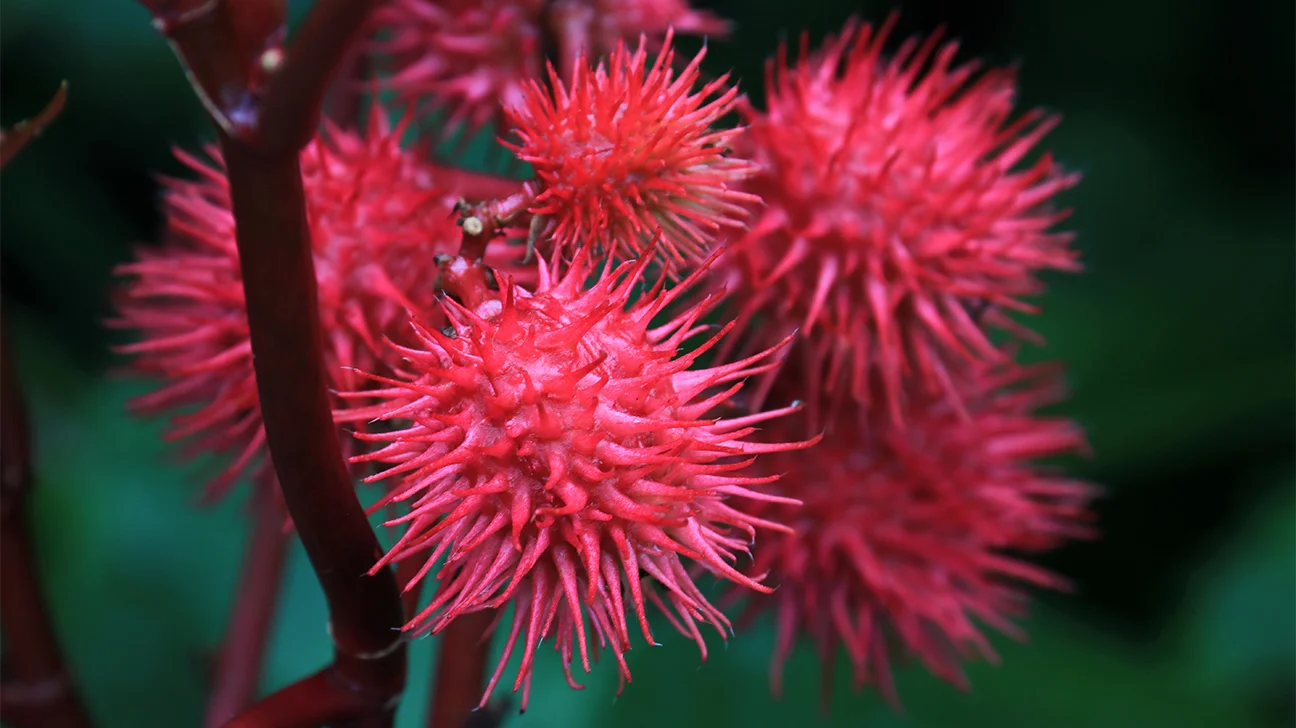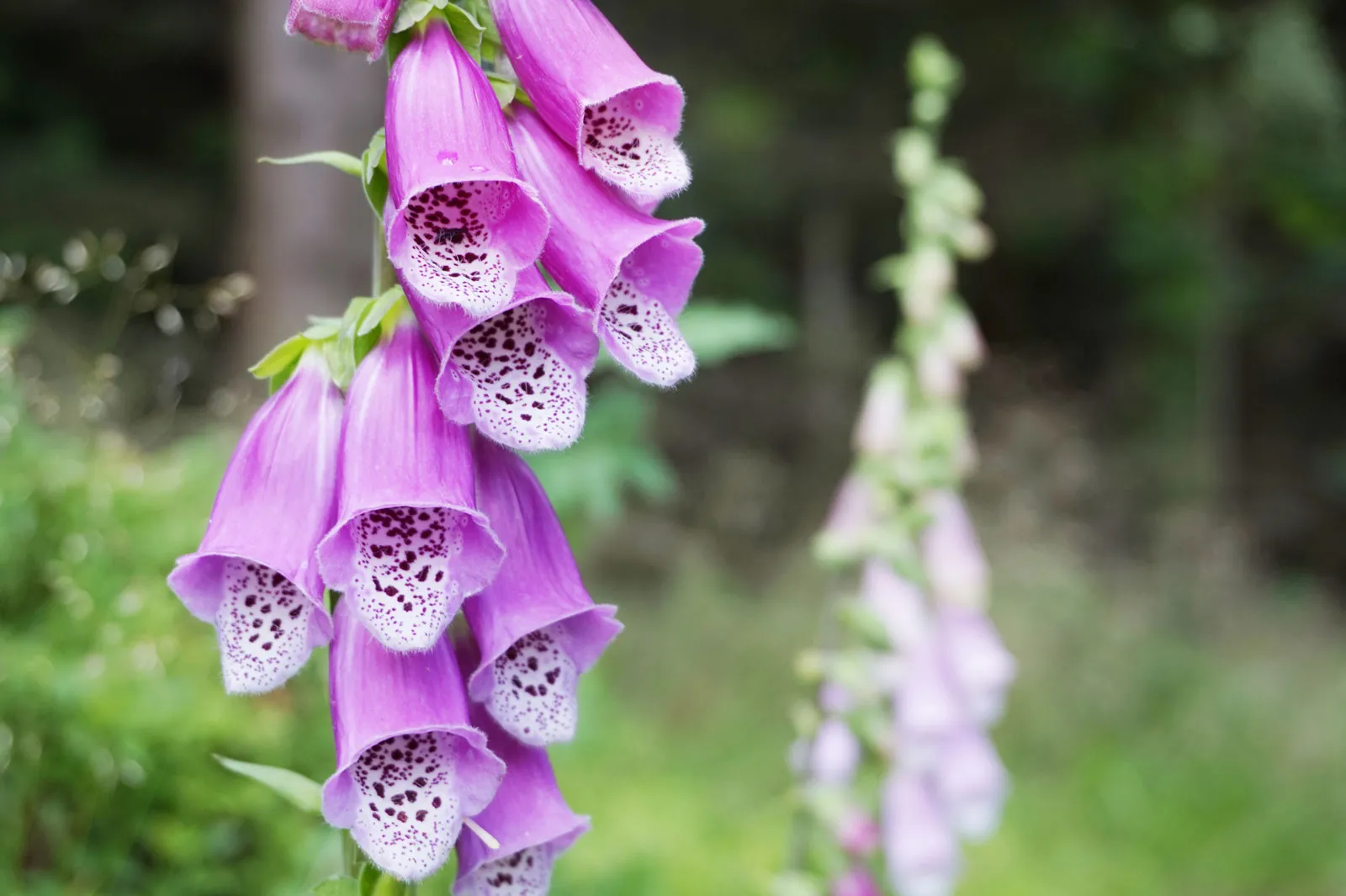In the realm of gardening, while many plants brighten our spaces with their vibrant hues and delightful fragrances, some conceal hidden dangers. One such plant is *Datura stramoniu, commonly known as Jimsonweed, Devil’s Snare, or Thorn Apple. Though its appearance can be captivating, *Datura stramonium* is highly toxic and poses significant health risks if ingested or mishandled.

Identification of Datura stramonium
Datura stramonium* belongs to the Solanaceae family, which includes tomatoes, potatoes, and bell peppers. This annual plant can reach several feet in height and features:
– Flowers: Large, trumpet-shaped blooms that can be white, yellow, or purple.
– Leaves: Broad, lobed, and irregularly toothed edges, giving them a distinct appearance.
Health Risks of Datura stramoniu
Despite its attractive features, Datura stramonium* contains potent alkaloids such as atropine, scopolamine, and hyoscyamine, which are extremely toxic to both humans and animals. Consuming any part of the plant—leaves, flowers, seeds, or roots—can result in severe symptoms, including:
– Hallucinations
– Delirium
– Rapid heartbeat
– Blurred vision
– Dry mouth
– Difficulty swallowing
– In extreme cases, coma or death
Accidental Poisonings and Concerns
Although *Datura stramonium* is occasionally cultivated for its ornamental value and its seeds are sometimes used in traditional medicine or recreationally for their hallucinogenic effects, this use carries significant risks. Households with children or pets are particularly vulnerable, as accidental ingestion or contact can occur.
Prevention and Management
To prevent accidental poisonings:
-Identification: Familiarize yourself with the plant’s characteristics to avoid inadvertently growing or handling it.
– Caution: Exercise care when dealing with or disposing of *Datura stramonium*.
– Medical Attention: If ingestion or contact occurs, seek medical help immediately. Prompt treatment is essential in cases of poisoning.
Conclusion
While *Datura stramonium* may be visually striking, its toxic nature makes it a risky choice for gardens, especially in areas frequented by children or pets. Understanding the risks associated with this plant is crucial for maintaining a safe garden environment. Always research any plant before adding it to your garden, and if you find *Datura stramonium* in your space, remove it safely to prevent accidental exposure.

